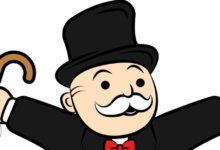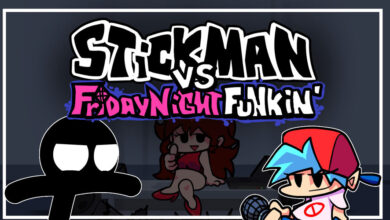The Monopoly Man: An Icon of Capitalism and Pop Culture
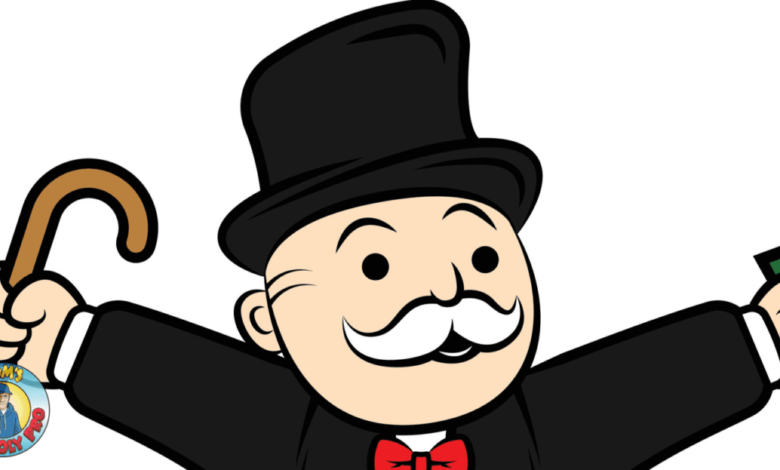
Monopoly Man often referred to as “Rich Uncle Pennybags,” is one of the most recognizable mascots in board game history. Created in the early 20th century, this top-hatted, mustachioed character has become synonymous with the classic game of Monopoly. His origins trace back to the game’s inception in 1935, when Parker Brothers acquired the rights to distribute Monopoly. The character was designed to embody the spirit of capitalism, wealth, and strategic ambition—core themes of the game itself.
Interestingly, the Monopoly Man design was inspired by the imagery of early 20th-century American tycoons. His monocle, tuxedo, and cane evoke the Gilded Age, a period marked by rapid industrialization and the rise of wealthy business magnates. The character’s name, Rich Uncle Pennybags, further reinforces his role as a symbol of affluence and financial savvy. Over the decades, his appearance has undergone subtle changes, but his core identity as a whimsical yet shrewd capitalist has remained intact.
Despite his prominence, the Monopoly Man’s backstory is surprisingly vague. Unlike modern mascots with elaborate lore, Rich Uncle Pennybags exists primarily as a visual metaphor. His lack of a detailed narrative allows players to project their own interpretations onto him, whether as a benevolent guide or a cutthroat tycoon. This ambiguity has contributed to his enduring appeal, enabling him to adapt to shifting cultural attitudes toward wealth and power.
The Monopoly Man’s Role as a Symbol of Capitalism
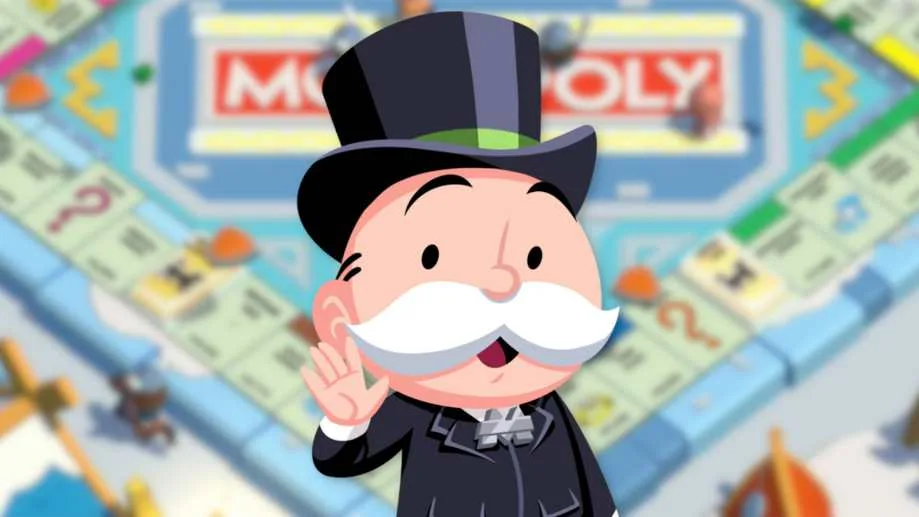
The Monopoly Man’s design and persona are deeply intertwined with the themes of capitalism and economic competition. Monopoly, the game, simulates real estate trading and wealth accumulation, rewarding players who dominate the market. The character embodies this ethos, serving as both a cheerleader for financial success and a satirical jab at unchecked greed. His exaggerated opulence—complete with a monocle and piles of money—highlights the excesses of capitalist systems.
Critics have often used the Monopoly Man as a shorthand for corporate greed or income inequality. Political cartoons, protests, and media commentary frequently depict him alongside critiques of monopolistic corporations or tax policies favoring the wealthy. For instance, during the 2008 financial crisis, caricatures of the Monopoly Man were used to symbolize Wall Street excess. This duality—his role as both a game mascot and a cultural critique—makes him a versatile figure in public discourse.
However, defenders of capitalism argue that the Monopoly Man represents the rewards of entrepreneurship and strategic thinking. The game itself teaches players about investment, negotiation, and risk management, skills celebrated in free-market economies. In this light, Rich Uncle Pennybags is not a villain but a celebration of economic ambition. This tension between critique and celebration ensures that the character remains relevant in debates about wealth and power.
The Monopoly Man in Pop Culture and Media
Beyond the board game, the Monopoly Man has permeated pop culture in ways few mascots have. He has appeared in films, television shows, memes, and even political campaigns. His distinctive look makes him instantly recognizable, allowing creators to invoke themes of wealth or greed with a single image. For example, in the 2013 film The Dallas Buyers Club, a hallucination sequence features the Monopoly Man to symbolize the protagonist’s desperation for money.
Internet culture has also embraced the Monopoly Man, often remixing his image for humor or satire. Memes depicting him as a “crypto bro” or a participant in absurd scenarios circulate widely, reflecting contemporary attitudes toward finance. Additionally, parodies of the character appear in shows like The Simpsons and Family Guy, where he’s used to mock corporate culture or generational wealth.
The character’s adaptability extends to advertising. Companies unrelated to board games have co-opted his imagery to evoke nostalgia or signal luxury. However, Hasbro, Monopoly’s parent company, fiercely protects its intellectual property, leading to legal disputes over unauthorized use of the Monopoly Man’s likeness. These cases underscore the character’s value as a cultural and commercial asset.
The Design and Psychology Behind the Monopoly Man
The Monopoly Man visual design is a masterclass in symbolic storytelling. Every element of his appearance—from his top hat to his pocket watch—serves a purpose. The top hat, a classic symbol of wealth in the 19th and early 20th centuries, immediately signals his affluent status. His monocle, though historically inaccurate (monocles were more commonly associated with European aristocrats), adds a touch of eccentricity, softening his otherwise imposing presence.
Psychologically, the character’s exaggerated features make him memorable. His cartoonish proportions—oversized mustache, round belly, and wide grin—create a friendly, approachable demeanor. This contrasts with the cutthroat nature of the game, subtly reminding players that Monopoly is, at its core, a form of entertainment. The designers’ choice to avoid realism allows the character to transcend time, avoiding association with any specific era or ideology.
Color psychology also plays a role. The Monopoly Man’s red, white, and black color scheme is bold and eye-catching, ensuring visibility on game boxes and marketing materials. Red, often linked to power and urgency, aligns with the game’s competitive spirit. Meanwhile, his white gloves and shirt suggest a veneer of respectability, masking the ruthless tactics players might employ.
Legal Battles and Trademark Controversies
The Monopoly Man’s iconic status has led to numerous legal battles over trademark infringement. Hasbro, which owns the rights to Monopoly, rigorously enforces its intellectual property, particularly regarding the character’s likeness. In 2017, the company sued a cryptocurrency firm for using a monocle-wearing mascot resembling Rich Uncle Pennybags. The case was settled out of court, highlighting the challenges of protecting a decades-old design in the digital age.
Another notable dispute arose in 2020 when a political advocacy group used the Monopoly Man in an ad critiquing corporate tax breaks. Hasbro initially threatened legal action but later withdrew, citing the ad’s satirical intent. This incident sparked debates about the limits of trademark law and the role of parody in free speech. Legal experts argue that such cases test the balance between brand protection and creative expression.
These controversies reveal the Monopoly Man’s dual identity as both a corporate asset and a public symbol. While Hasbro seeks to control his commercial use, the character’s cultural resonance often places him in the realm of public discourse, where strict trademark enforcement can appear heavy-handed.
The Monopoly Man’s Legacy and Influence
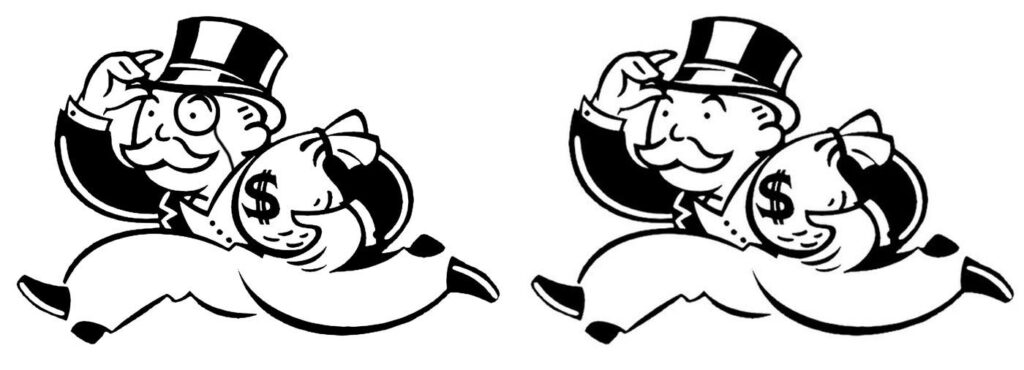
Few fictional characters have achieved the Monopoly Man’s level of cultural penetration. He has inspired Halloween costumes, street art, and even academic analyses. Economists use his image in lectures about market dynamics, while activists deploy him in protests against economic inequality. His influence extends beyond the United States; international editions of Monopoly often adapt his design to reflect local cultures, further cementing his global appeal.
The character’s legacy is also evident in the broader landscape of board game mascots. Unlike the abstract pieces of Chess or the minimalist tokens of Scrabble, the Monopoly Man provides a narrative anchor, humanizing the game’s abstract financial mechanics. This innovation paved the way for future board games to incorporate mascots and storytelling elements, enhancing player immersion.
As Monopoly approaches its 90th anniversary, the Monopoly Man remains a testament to the enduring power of visual storytelling. Whether loved as a nostalgic icon or critiqued as a capitalist caricature, he continues to spark conversations about money, power, and the games we play to attain them.
FAQs About the Monopoly Man
Q: What is the Monopoly Man’s real name?
A: The character is officially named Rich Uncle Pennybags, though he’s colloquially known as the Monopoly Man.
Q: Does the Monopoly Man wear a monocle?
A: Contrary to popular belief, the original design does not include a monocle—a common misconception due to cultural associations with wealth.
Q: Is the Monopoly Man based on a real person?
A: No, he’s a composite symbol inspired by early 20th-century tycoons like J.P. Morgan and John D. Rockefeller.
Q: Why is the Monopoly Man a controversial figure?
A: His association with capitalism leads to polarized interpretations, with some viewing him as a celebration of success and others as a critique of greed.
Q: Has the Monopoly Man ever been redesigned?
A: Minor tweaks have been made over the years, but his core design—top hat, mustache, tuxedo—has remained consistent.
Q: Is the Monopoly Man in the public domain?
A: No, Hasbro retains strict trademark control over the character and his likeness.
Q: Why isn’t the Monopoly Man featured in some modern Monopoly editions?
A: Themed versions of the game often replace him with characters or icons relevant to their specific theme (e.g., movies, cities).
